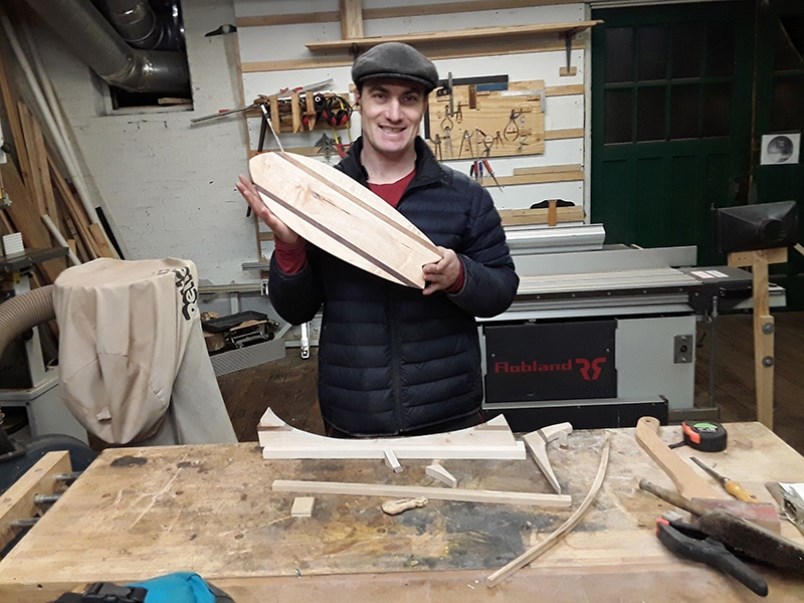Most of us have a library card. Some of us have memberships at the local recreation centre or yoga studio. But how many of you have heard of getting a membership to a woodshop, or to train and use a vinyl cutter, or to access a mechanic’s shop full of tools?
This is just the concept that is becoming the norm across the continent and beyond. Known under many names, maker spaces of all shapes and types are cropping up and expanding in membership.
They are a relatively new take on the old phenomenon of sharing resources within a community. In this case, the spaces usually offer training and access to anything from modern technology such as 3D printers to old-school sewing machines that will not quit.
Most offer access through monthly memberships or drop-in fees. Some are non-profit, others operate for profit. There really is no rule about how to get one going, other than the motivation of a keen group of founders.
These spaces are growing in popularity for a long list of reasons. People who are looking to tap into the knowledge of the collective instead of working in isolation are some of the first to join and even create these spaces. Maker spaces also seem to be critical for 21st century skill development in the fields of science, technology, engineering and math, where collaborative projects require working across disciplines.
Maker spaces are also fostering entrepreneurship, even being used as incubators for business startups.
One shared creative space you may have heard of locally is the textile arts collective called Fibre Space, a community-driven space for those interested in all things fibre. It is currently hosted by Vancouver Island University’s Powell River campus and School District 47.
The space is wholly operated by volunteers and by what they contribute, how and when they can. Some donate money, others books, patterns, fabric, yarns and notions, and all contribute their experience and expertise in the areas they are comfortable. Members and those doing drop-in have access to sewing machines, sergers, a heavy-duty sail and leather machine, spinning wheels, a table loom, fabric and more. Check them out at their Thursday drop-ins from 10 am to 4 pm.
Powell River Fine Arts Association is another collective non-profit that is a great place to tap into your creative muse without having to invest in all the startup equipment yourself. The Timberlane Park location offers weekly classes in a variety of art forms, including quilting, pottery, weaving and painting. Look them up online to find out their schedule. Membership includes many of the supplies needed for creating your own art pieces.
Until recently there was a maker space with shared access to a 3D printer, laser cutter and electronic gadget-making equipment, but it folded due to lack of sufficient space and signup to their offered courses. If you are inspired to take up where they left off, this concept is a wonderful offering to the community.
Sharingallows you to have access to more, while also having less overall responsibility for equipment. It may take some adjustments to your scheduling, and require more consideration of the fact that others will use the space after you, but be worth it overall.
If joining a club is not your style, then start by sharing more of your resources with friends and family. Sharing really is caring for the planet by lightening our collective impact on its resources.
Let’s Talk Trash is qathet Regional District’s waste-reduction education program.




